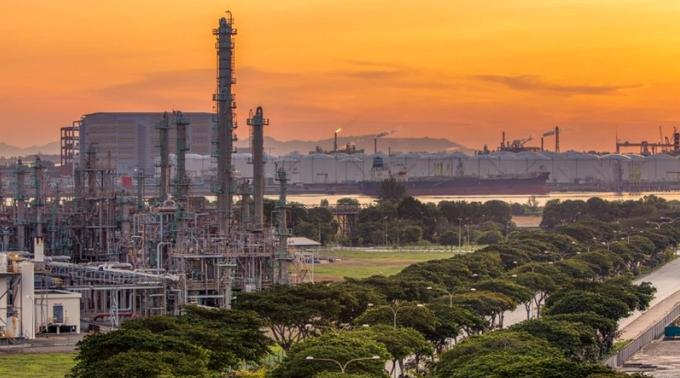New Innovations in Energy Could Revolutionise Safety and Sustainability
SINGAPORE: Minister of State for Trade and Industry, Alvin Tan, discussed the potential of advanced nuclear and geothermal energy technologies in a parliamentary session on Monday (Apr 4). He explained that these innovations could significantly improve the safety of future nuclear power plants compared to the existing ones. The government has been exploring these options after concluding in 2012 that large conventional reactors are unsuitable for Singapore’s energy needs.
Tan highlighted the development of Small Modular Reactors (SMRs) and Generation IV nuclear technologies, both of which feature enhanced safety mechanisms. Some SMRs can operate passively, cooling down safely without the need for external systems or human intervention, even during emergencies. Furthermore, he noted the growing interest and progress in nuclear fusion. Unlike traditional fission, fusion does not produce harmful radioactive waste or cause chain reactions, offering a theoretically cleaner and more sustainable energy solution.
In addition to nuclear fission and fusion, Tan discussed geothermal energy, which presents a promising, consistent energy source. Due to Singapore’s weather conditions, solar energy has limitations, but geothermal energy could provide a stable alternative. Although traditional geothermal systems are not viable here, recent advancements in technology may enable harnessing heat from deep underground. Nanyang Technological University is conducting studies to explore the geothermal potential within Singapore.
Despite the promise of these technologies, Tan cautioned that many of them are still in the research and development stage. The government must carefully evaluate their safety, reliability, affordability, and environmental impact before deployment. He emphasised the need for these technologies to meet stringent resilience standards, aligned with international best practices for nuclear safety.
As Singapore moves towards achieving net-zero emissions by 2050, these new energy technologies, along with others like hydrogen, will play a crucial role in shaping the country’s energy future. However, ongoing research and international collaboration, such as with the International Atomic Energy Agency (IAEA) and ASEAN countries, will be vital to ensuring the safe and secure implementation of these innovations.
The government will continue to monitor technological advancements and adjust its energy strategies accordingly, focusing on improving energy efficiency across sectors and encouraging energy conservation among consumers.








